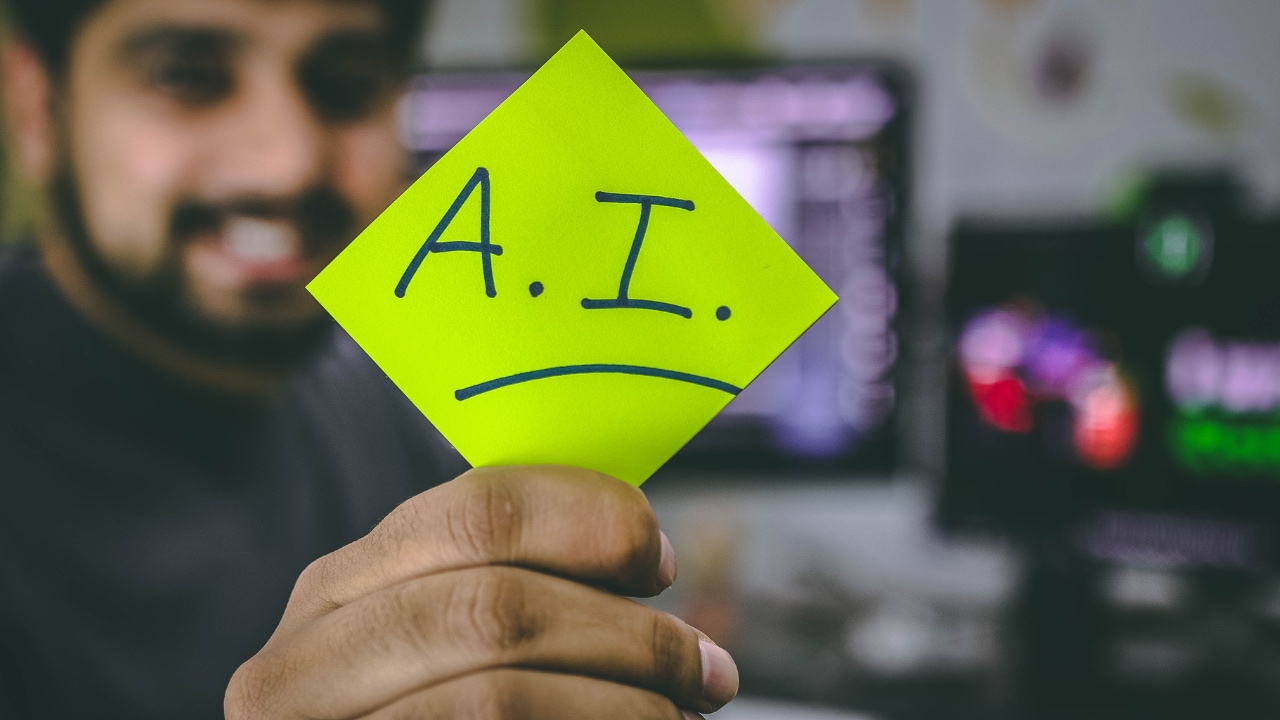By Vikas SN
Facebook parent Meta plans to integrate “generative artificial intelligence (AI)” technologies across all its products, a top executive said, joining the latest AI frenzy that has gripped technology giants and upstarts like never before.
Generative AI refers to technology that can generate text, images, sounds and other media formats in response to short commands or prompts from users. OpenAI’s ChatGPT is the most popular example of Generative AI tool in recent months.
While companies such as Meta and Google have developed similar AI technologies for years, it hadn’t captured the public’s imagination until last year when AI research lab OpenAI unveiled products such as Dall-E, which creates realistic digital images from text descriptions, and the wildly popular chatbot ChatGPT.
Soaring interest from consumers for such products has prompted tech giants to move faster and release their offerings to capitalise on the trend.
“What you’re going to see from us in terms of generative AI, is thinking through how we give people creative superpowers. For instance, how do we take a photo that I have taken, and maybe enhance it with my own creativity, like putting her in a cool Halloween costume? Those are the types of things that our team is starting to look at,” Tom Alison, the head of the Facebook app at Meta, said at a media briefing on February 14.
Alison said several groups on the Facebook platform are focused on AI-generated art.
In people’s hands
“It helps people tell stories and have conversations and they feel like it’s an extension of their own creativity. So I’m really excited for a future where we put generative AI into the hands of people,” he said.
The AI-driven tech will span formats such as text, photos and videos and Meta products including Facebook and Instagram, helping people be more creative and share in new ways, he said.
They will likely play a key role as Meta places greater emphasis on algorithmic content recommendations, powered by its AI-based discovery engine, to increase the engagement of users and attract new younger audiences.
Facebook crossed a key milestone of 2 billion daily active users, Meta CEO Mark Zuckerberg said earlier this month. During the company’s earnings conference call on February 1, Zuckerberg said one of his goals for Meta is to build on its research to “become a leader in generative AI” in addition to “its leading work in recommendation AI”.
This type of AI technology has the potential to change how people interact with computers and other devices, making it more natural and conversational, thereby radically changing a broad swathe of internet services.
Last week, Google unveiled an experimental conversation AI chatbot called Bard and previewed new generative AI search features, while Microsoft demoed a new version of its Bing search engine and Edge browser that will be powered by OpenAI’s next-gen AI technology.
Meta has spent billions of dollars in building AI technologies and has used it to detect content that violates its community standards, power its content recommendations or aid its ambitious transition to the so-called metaverse, which Zuckerberg expects to be the next big computing platform.
However, the social networking giant is already under scrutiny for spreading misinformation, fake news, and hate speech, which has handicapped the company’s ability to release products based on this nascent technology that could produce toxic content, Meta’s chief AI scientist Yann LeCun said during a recent online discussion at Collective[i] Forecast event.
This was also evident from the recent demoes of both Google and Microsoft’s offerings, which were eventually found to have provided incorrect information in their respective presentations.
Zuckerberg said during the earnings call that it wants to be “careful not to get too far ahead of the development of it (generative AI).”
In November 2022, Meta faced intense backlash after the release of the scientific knowledge-focused chatbot Galactica, which was taken down within three days, just a few weeks before OpenAI released ChatGPT.
Earlier last year, the company’s prototype ChatGPT-like chatbot Blenderbot 3 drew criticism for producing offensive answers and conspiracy theories, among others.
